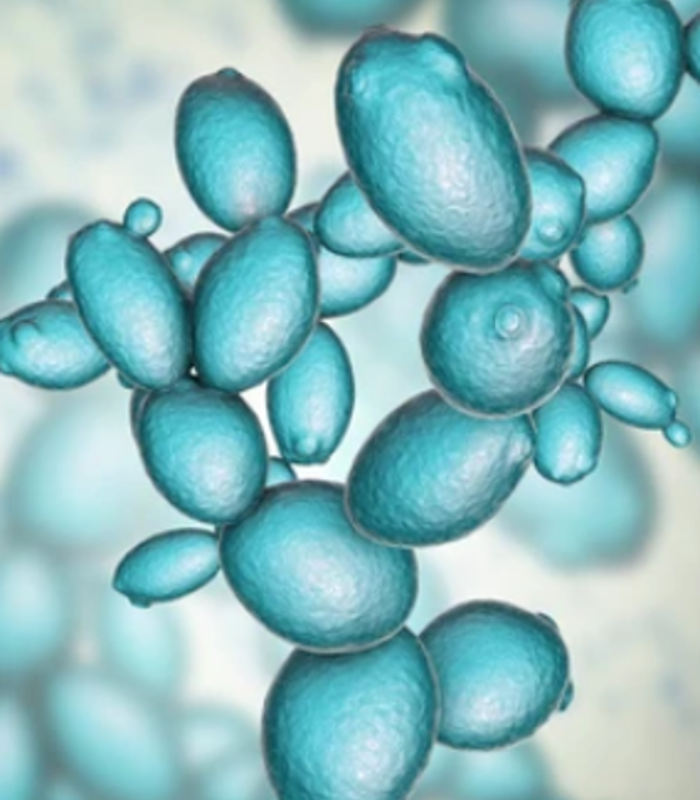It has long been known that ‘alternative’ proteins’ have the potential to expand local protein production. These alternatives, however, must balance the needs of all stakeholders. The consumer, for example, wants a food product that looks good, tastes good, feels good in the mouth, and delivers certain nutritional benefits.
Manufacturers want to be able to use familiar processes that don’t require new equipment or additional steps. From a societal point of view, it is key to minimise the ecological impact of producing protein while maintaining profitability.
Cellular agriculture is one potential source of new proteins, using microbial cells as factories to produce edible microbial biomasses. Microbial biomass is the result of the fermentation, by bacteria, fungi, yeast or algae, of organic substrates such as by-products from the sugar industry and other food processing residues.
Edible microbial biomass can thus offer a sustainable and economic protein source. However, the high costs for development and production make it difficult for ingredient manufacturers to be sure they are on the right track.


